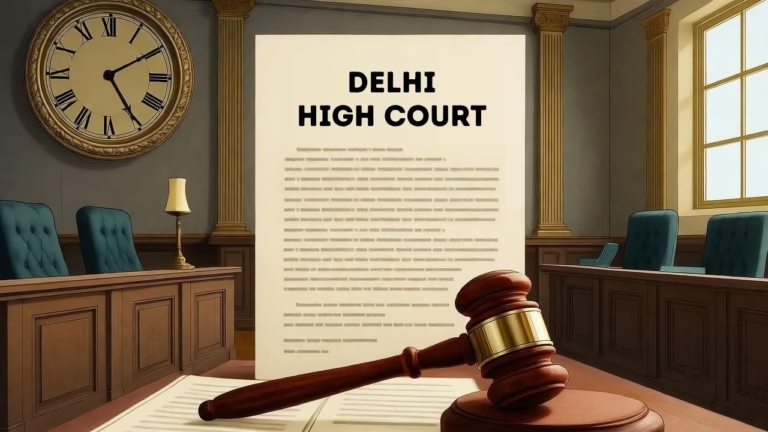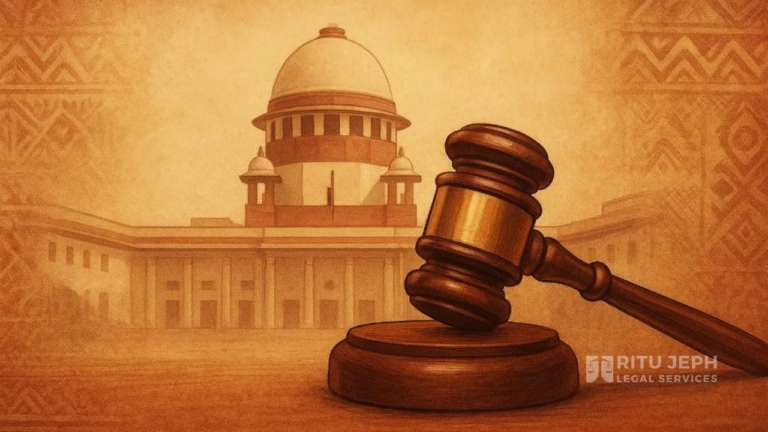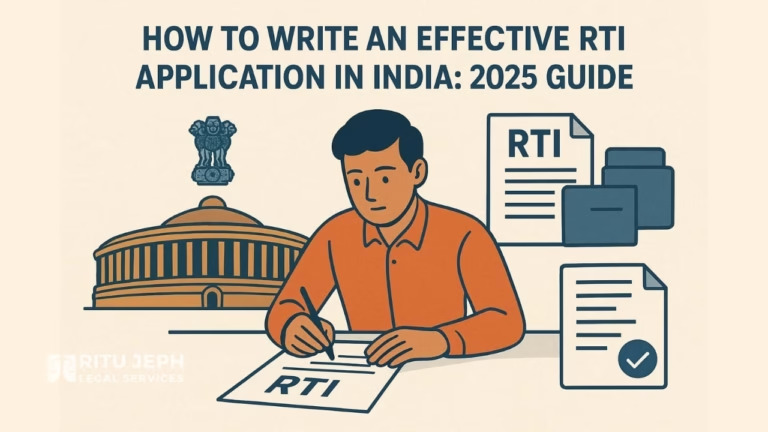Book Appointment Now

Police at Your Door? 6 Must-Know Tips for Dealing with Police in 2025!
Simple guide to your rights when dealing with police under India’s new laws—BNS, BNSS, and BSA. Learn how to report crimes, handle arrests, and more!
In India, seeing police often makes people nervous instead of safe. Many avoid them unless they have no choice. Why? Because we don’t know our rights when dealing with police. In 2024, new laws replaced the old ones: the Bharatiya Nyaya Sanhita (BNS) for crimes, Bharatiya Nagarik Suraksha Sanhita (BNSS) for police procedures, and Bharatiya Sakshya Adhiniyam (BSA) for evidence. These started on July 1, 2024. This post explains, in simple words, what you need to know when dealing with police under these laws. It’s over 600 words to give you all the details!
What Are These New Laws?
The BNS (replacing the old IPC) says what’s a crime. For example, murder is now BNS Section 103, cheating is BNS Section 318, and trying to take your own life isn’t a crime anymore unless someone forced you. The BNSS (replacing CrPC) tells police what to do—like how to investigate or arrest. The BSA (replacing the Evidence Act) decides what proof counts in court, like videos or messages. Knowing these helps you stay calm when dealing with police.
ALSO READ: Marital Rape in India: The Crime That Still Isn’t a Crime
How to Report a Crime (FIR)
If something bad happens—like a fight or theft—you go to the police station. Under BNSS Section 173, you can report it at any police station, even if it didn’t happen in that area. This is called a “Zero FIR.” Write down what happened, give it to the police, and they must register it if it’s serious (a “cognizable offense”). They can’t say no! They’ll send it to the right station within 15 days. You’ll get a free copy of your FIR too. If they refuse, tell the Superintendent of Police or go to a magistrate (BNSS Section 223). This makes dealing with police easier—no connections needed!
Rules When Police Arrest You
If police take you away, they have to follow BNSS rules. Under BNSS Section 49, they must wear a uniform with a name tag and give you an arrest memo. This paper says why you’re arrested, the date, and time, and has a witness’s signature—like your friend or family. They must tell your family within 24 hours. They can’t keep you longer than 24 hours without a court’s okay (BNSS Section 57). Beating or shouting at you is illegal. If they break these rules when dealing with police, you can complain later.
What Happens After an FIR?
Once your FIR is filed, police start investigating. They have 60 days to finish and send a report to court called a “charge sheet” (BNSS Section 193). If the punishment could be more than 7 years, they get 90 days. This report lists the crime (like BNS Section 103 for murder), proof, and suspects. You can ask for updates within 90 days—a new right! If they don’t finish on time, you might get bail. Knowing this helps when dealing with police so they don’t delay.
If Police Do Something Wrong
What if police hit you or keep you too long? First, do what they say at the time to stay safe. Later, write a complaint to the Station House Officer (SHO) or Deputy Inspector General (DIG)—send it by speed post and keep the receipt. If they ignore you, go to the Police Complaint Authority (PCA) or Central Vigilance Commission. Still no help? Talk to a lawyer and take proof to court to file an FIR against the police. The new laws make it clear: police can’t mess with you when dealing with them.
Going to Court
After the charge sheet, your case goes to court. BNSS says the court must set charges within 60 days of the first hearing and decide the case within 45 days after the trial ends. If you don’t like the decision, you can appeal to the High Court, then the Supreme Court. For big punishments like death, you can ask the President for mercy, but it takes time. Knowing this process helps when dealing with police and courts.
Stay Smart, Stay Safe
When dealing with police, knowing your rights stops the fear. The new laws—BNS, BNSS, and BSA—are here to help you, but only if you understand them. Tell kids these basics too—it’s not taught in school, but it sticks forever. Whether it’s reporting a crime, handling an arrest, or fighting back if police act wrong, you’ve got power. Use it when dealing with police, and you’ll feel safer.



